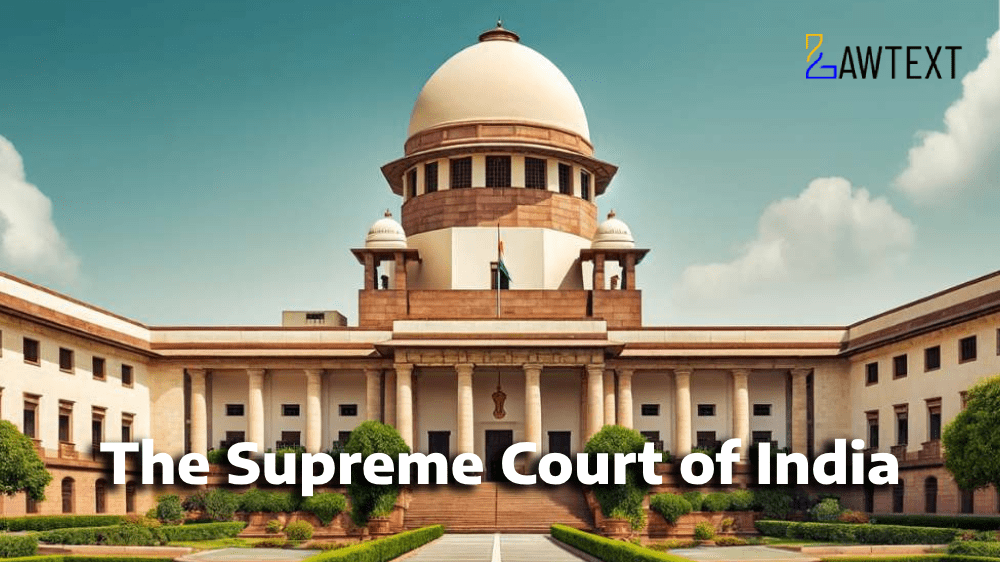Supreme Court of India Examines Impact of Execution Delays on Death Sentence Validity. Justice delayed for both convict and victim raises critical questions of constitutional rights and procedural fairness.

CASE NOTE & SUMMARY
1. Factual Background
- Incident Date: November 1, 2007.
- Crime: Rape and murder of a company employee during a late-night commute.
- Accused: Purushottam Dasrath Borate and Pradeep Yashwant Kokade.
- Conviction: Death sentence awarded under Sections 302, 376(2)(g), 364, 404, and 120-B of IPC.
- Confirmation: Death sentence upheld by High Court and Supreme Court in 2012 and 2015, respectively.
2. Procedural Delays in Mercy Petitions
- Mercy petitions were filed before the Governor (July 2015) and President (June 2016).
- Delays: The Governor took over five months to decide; additional delays occurred in forwarding documents and seeking clarifications.
3. Execution Warrant Delays
- Mercy petitions rejected by President in May 2017.
- Sessions Court issued execution warrants only in April 2019, following nearly two years of administrative inaction.
Key Legal Issues
- Delay in Execution of Death Sentence: Does prolonged delay constitute a violation of Article 21 (Right to Life) of the Indian Constitution?
- Rights of the Convict vs. Victim: Balancing the rights of condemned prisoners against the expectations of justice for victims and society.
Acts and Sections Discussed:
- Indian Penal Code (IPC): Sections 302 (Murder), 376(2)(g) (Gang rape), 364 (Kidnapping), 404 (Dishonest misappropriation), 120-B (Criminal conspiracy).
- Code of Criminal Procedure (CrPC): Sections 413, 414 (Execution of death sentence).
- Constitution of India: Article 21 (Protection of Life and Personal Liberty).
Ratio Decidendi:
- Delay as a Ground for Commutation: Undue and unexplained delays in execution—whether in processing mercy petitions or issuing execution warrants—violate Article 21.
- Inordinate Administrative Laxity: Responsibility of the Executive to expeditiously process mercy petitions and of Sessions Courts to promptly issue execution warrants.
- Impact of Delays: Prolonged delays have a dehumanizing effect, mandating commutation of the death penalty to life imprisonment.
Final Judgment:
- The Supreme Court upheld the High Court's decision to commute the death sentences to 35 years of rigorous imprisonment due to the cumulative delays in the execution process.
Subjects:
Criminal Law, Death Penalty, Constitutional Rights
#DeathPenalty #Article21 #JudicialDelay #MercyPetition #HumanRights
ISSUE OF CONSIDERATION
STATE OF MAHARASHTRA & ORS. VERSUS PRADEEP YASHWANT KOKADE & ANR.
Citation: 2024 LawText (SC) (12) 91
Case Number: CRIMINAL APPEAL NO. 2831 OF 2023 WITH CRIMINAL APPEAL NO. 2832 OF 2023
Date of Decision: 2024-12-09
Case Title: STATE OF MAHARASHTRA & ORS. VERSUS PRADEEP YASHWANT KOKADE & ANR.
Before Judge: (Abhay S Oka J. , Ahsanuddin Amanullah J. , Augustine George Masih J.)
Appellant: STATE OF MAHARASHTRA & ORS.
Respondent: PRADEEP YASHWANT KOKADE & ANR.

